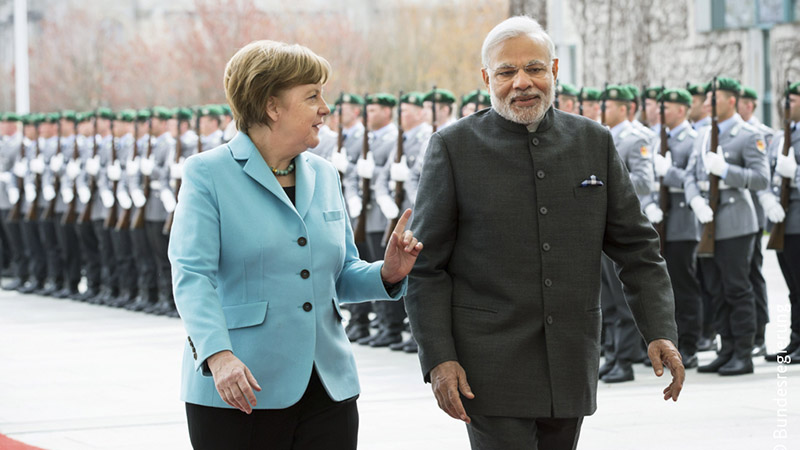In a sign India wants to be seen as a country committed to global efforts to tackle climate change, the government extended its commitment to the Kyoto Protocol on Tuesday.
The decision has little cost for India, which bears few responsibilities under the protocol, but its ratification of the 2012-2020 period indicates Delhi’s desire to protect the UN climate process in the face of threats from new US president Donald Trump.
“In view of the critical role played by India in securing international consensus on climate change issues, this decision further underlines India’s leadership in the comity of nations committed to global cause of environmental protection and climate justice,” read a government statement.
“Ratification of the Kyoto Protocol by India will encourage other developing countries also to undertake this exercise.”
First agreed in 1997, the protocol mandated most wealthy countries – bar the US, Canada and Japan who either left the accord or refused to join – to make greenhouse gas emission cuts from 2008-2012 and help poorer nations green their economies.
Kyoto Protocol: 10 years of the world’s first climate change treaty
Governments agreed the extension to the first commitment period at the 2012 Doha climate summit, but so far only 75 countries have ratified the amendment (KP2).
While the EU is meeting its targets under KP2 the bloc has not completed ratification due to internal squabbles with Poland over the allocation of carbon credits.
Kyoto’s replacement – the 2015 Paris climate agreement – will see developed and developing nations take steps to reduce emissions, although it has not yet become operational.
“India has always emphasised the importance of climate actions by developed country parties in the pre-2020 period,” the statement added.
“Besides, it has advocated climate actions based on the principles and provisions of the convention, such as the principle of equity and common but differentiated responsibilities and respective capabilities.”
Weekly briefing: Sign up for your essential climate politics update
